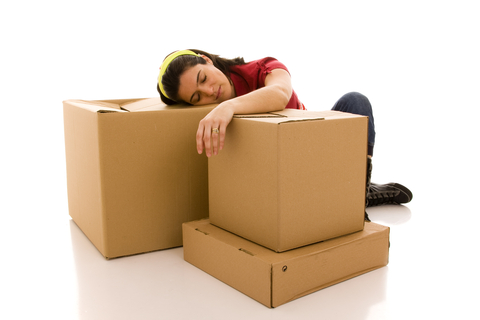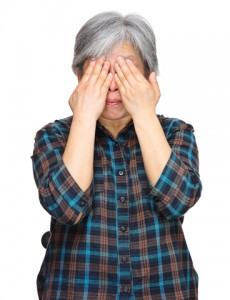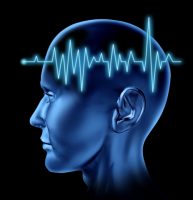 When you suffer with a phobia or anxiety that restricts your everyday life, it can be quite common to begin to suffer from depression. Some phobias can make it impossible to live a ‘normal’ life without having to face your anxiety on a daily basis. My agoraphobia was a perfect example of this. All the everyday activities you need to do to survive (go to work, go to a supermarket, socialise, exercise) became difficult and stressful tasks that took a lot out of me both mentally and physically. This is where depression can set in, which will not put you in a good place to face your anxiety.
When you suffer with a phobia or anxiety that restricts your everyday life, it can be quite common to begin to suffer from depression. Some phobias can make it impossible to live a ‘normal’ life without having to face your anxiety on a daily basis. My agoraphobia was a perfect example of this. All the everyday activities you need to do to survive (go to work, go to a supermarket, socialise, exercise) became difficult and stressful tasks that took a lot out of me both mentally and physically. This is where depression can set in, which will not put you in a good place to face your anxiety.
When I’d had agoraphobia for around a year, my doctor wanted to put me on anti-depressants. This isn’t a route I wanted to go down because I saw the process of recovering from my phobia as quite a long road and didn’t want to be on medication for a long period of time. So I decided to research all alternative methods of dealing with both my anxiety and depression.
My research showed me how important diet and exercise could be when dealing with anxiety. Exercise is a brilliant form of stress relief. When you have underlying anxiety issues, you can start to feel anxious when sometimes you’re not even sure why. This is all associated with excess stress and unresolved thoughts sat in your subconscious mind. Regular exercise can help you keep this in check, by getting rid of underlying stress. Boxing, zumba, running… anything that gets the adrenaline pumping can work wonders.
I think a routine plays an important role in anyone’s life and when you suffer with a phobia that breaks your normal routine, your life becomes very unstructured. In my case I started to feel like I was drifting and not achieving anything with my time. Putting exercise into your life can help create a routine for you, keeping some sense of normality at the same time as feeling the health benefits.
Yoga also offers excellent benefits for the mind and body, helping you to relax, switch off and feel grounded. The breathing techniques you learn with Yoga are very similar to those recommended for coping with anxiety symptoms such as hyperventilation. Yoga as a form of exercise actually offers you a tool to help you combat your anxiety symptoms at the same time as helping you relax. I have found it to be a great help over the years.
I also discovered that certain foods were very good for helping fight anxiety. When we are stressed, our bodies use up specific vitamins and minerals. It’s these that we need to replace on a daily basis to make sure we are feeling strong enough to face what each day throws at us. In my case, I also went to see a nutritionist and found I was deficient in magnesium and selenium, which is apparently very common for anyone suffering with anxiety. As well as adopting a healthier diet in general, the specific foods that contained the missing goodness my body needed were bananas, grapefruit, nuts and green leafy vegetables.
Whether simply a placebo or whether my lifestyle changes were genuinely giving my body exactly what it needed, my new diet and exercise regime definitely made a difference and made me feel that little bit stronger to face my daily challenges.






